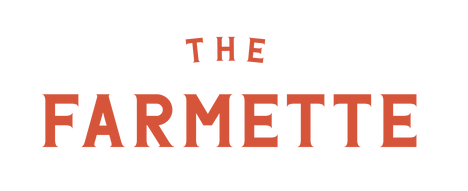
W for Women, W for Winning
It is no information that Pakistan has an agro-based economy. The seeds sowed in the farms might not sprout a magic beanstalk but they definitely run this whole country. As agriculture contributes to Pakistan’s economy, men and women both contribute to the agriculture sector. One would expect men to contribute most to the strenuous reins of agricultural production. However, statistics and research show women to be the driving force to the effective performance of this sector.
Women contribute to all agriculture operations; from sowing and harvesting to marketing and selling, they form over 67 to 70 percent of the agriculture workforce. Other than being active laborers, women take on supplemental duties too. They take lead in the domains of weeding, transplanting, grain cleaning, storage, threshing, and cattle, and poultry industry. Many of the jobs which fall in women’s share happen to be repetitive and manual and cumbersome. Along with the on-field and outdoor work, rural women have the responsibility of their household and maternal obligations on their shoulders too. Managing the workload, unfortunately, they often have little to no time to look after themselves.
Despite multi-dimensional roles, these women have to compete with their male counterparts in recognition of their contributions. Since the current standards evaluate inputs and output ratios instead of developmental impact, women’s employment status is not defined as “economically active”. This belittles their contributions, reinforces the glass ceiling, and forces women to settle for less compensation. The pandemic has further exaggerated the gender gap.
More to add, the United Nations Women conducted surveys and launched a report, a Rural Women in Pakistan Status Report 2018, which highlighted that 60 percent of the work women do are exploited as unpaid labor. Bitter truth be said, Women who help grow the food that ends up on our table often have no food on their table.
Food and Agriculture Organization (FAO) has pointed out that female farmer empowerment could increase a country’s agricultural output by 2.5 to 4 percent. If rural women are provided with equal land, equipment, and new technologies, and are given the correct credit, each farm could sight a 20 to 30 percent surplus yield. Moreover, rural women tend to spend 90 percent of their earnings on nutrition, education, and healthcare. It leads to breaking the generational poverty cycle and ensures a better lifestyle for deserving rural women. These arguments and suggestions explain why women should be in the front now: recognized and paid well.
The Farmette, being a female-founded company, understands the struggles of rural women. We believe rural women have been unseen and victims of exploitation for a long time now. They deserve to be in the front, leading themselves, their farms, and the country’s economy to a better future. Thus, The Farmette aims to provide them with a way to grow. We open doors to new markets and more effective methods of farming that help the resource-deprived women farmers. We ensure that producers of its ethically-grown premium produce get their deserved due compensation. After all, it is W for women and W for winning.
Leave a comment